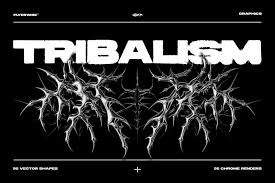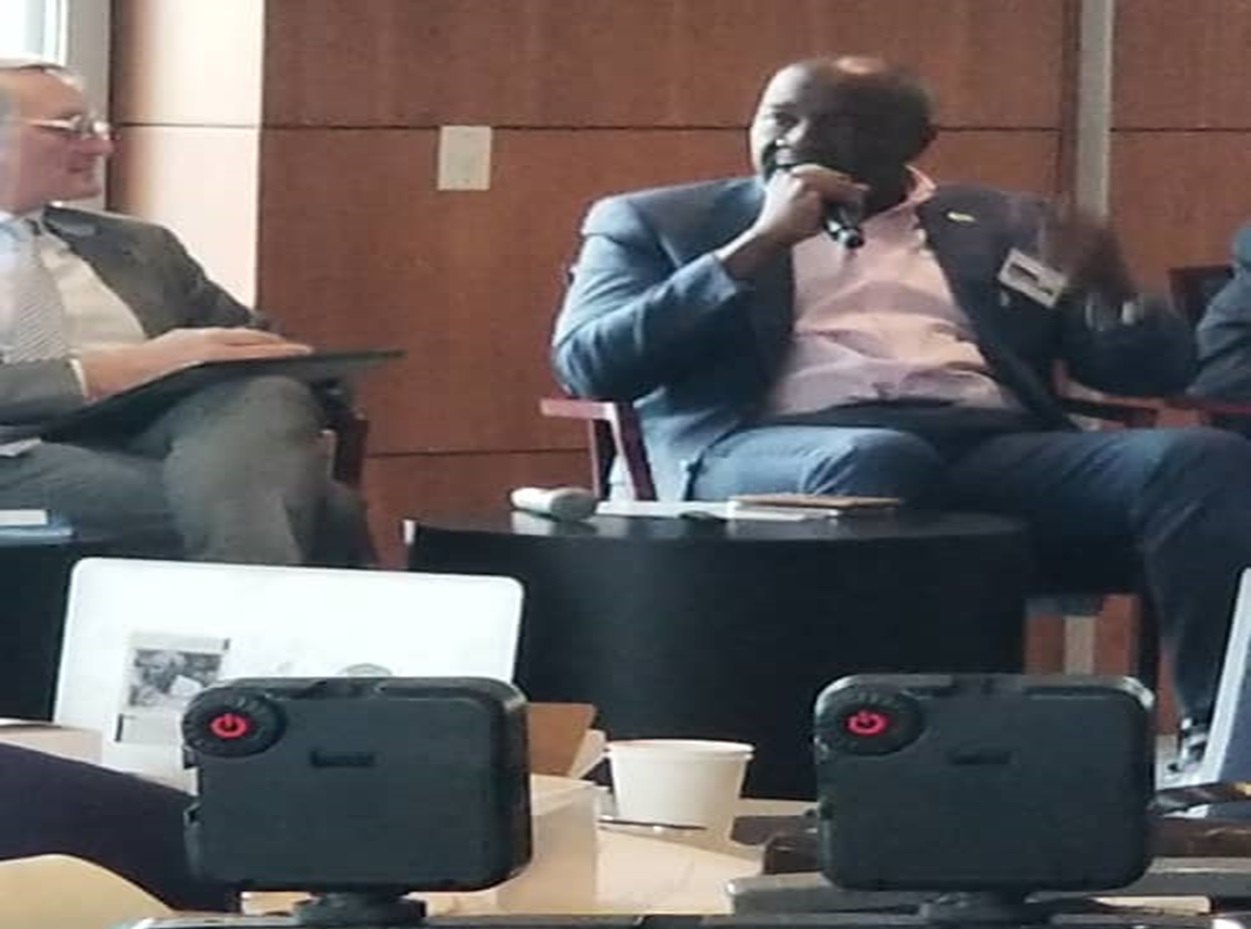By Sulaiman Aruna Sesay
Tribalism and regionalism have long been deeply ingrained in the social and political fabric of Sierra Leone. These phenomena play a significant role in shaping the country’s workplace dynamics, often to the detriment of productivity and morale.
Tribalism and regionalism refer to the preference given to individuals from one’s tribe or region over those from other tribes or regions. This preference is often based on deep-seated prejudices and preconceptions. In the Sierra Leonean context, tribal identity is often linked to politics and socio-economic status, which can create a sense of entitlement among some individuals.
Tribalism and regionalism have several negative impacts on the work environment in Sierra Leone. These two hinder the progress of organizations as it promotes nepotism. When members of a particular tribe or region are given preferential treatment in the workplace, regardless of their qualifications and abilities, it could lead to resentment and dissatisfaction among other employees. It could create a toxic work environment that hampers efficiency and productivity, leading to poor performance and results.
Tribalism and regionalism make it difficult for diverse perspectives and skillset to come together, limiting organizational development. When the same tribe or region dominates the workforce in an organization, it could lead to groupthink, and the lack of varied perspectives can hinder the growth of the organization. This could mean that innovative ideas are overlooked, and the company may not be prepared for changes that the market requires.
The two teams are a threat to the unity and cohesion of the country. Sierra Leone is a country with more than 18 different tribes and regionalism has created a divide in the country. This divide is often magnified in the workplace, where employees from different tribes and regions are put in positions where they have to work together. This division could lead to discrimination, exclusion, lack of trust, which could manifest in a toxic work environment.
To address tribalism and regionalism in the workplace, organizations need to establish policies that explicitly forbid discrimination on the basis of tribal or regional affiliation. A transparent recruitment process is key, where recruitment criteria are clearly defined and decision-making is based solely on merit and qualifications.
Tribalism and regionalism pose a significant challenge to the workplace in Sierra Leone, depriving the country of its full potential. A shift in mind set is required to overcome this challenge. Organizations need to move away from tribal and regional biases and align focus on merit-based systems that leads to a more diverse and inclusive workplace. It begins with recognizing that talent can be found in every tribe and region and creating an environment that values and rewards hard work.














